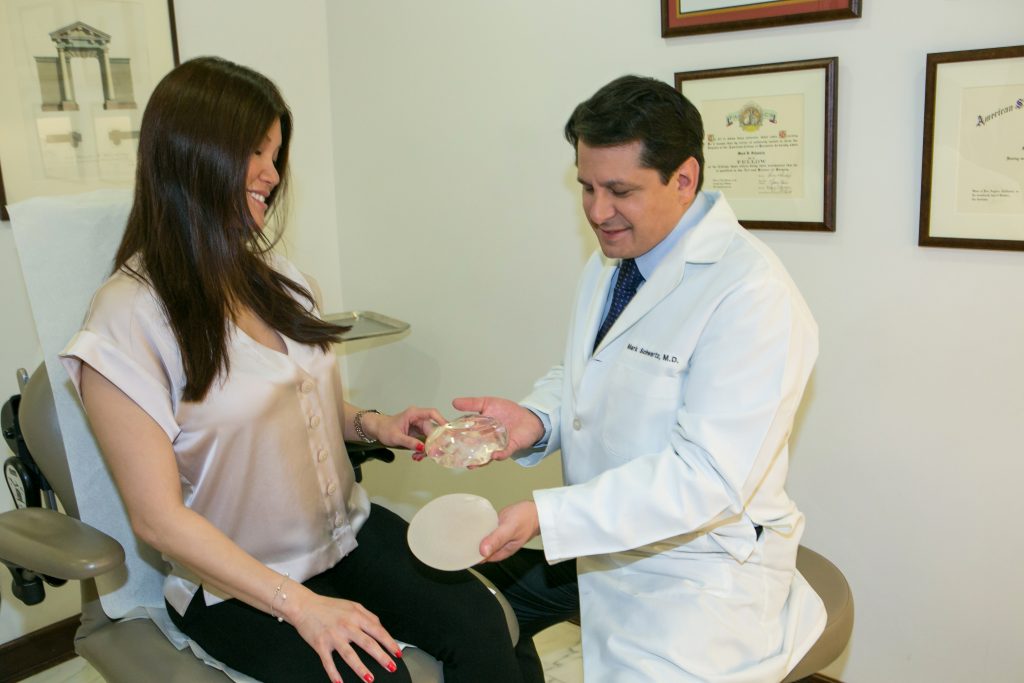There’s no doubt that plastic surgery remains big business in the UK, although it’s fair to surmise that some procedures and more popular than others.
Take breast surgery, for example, with an estimated 4,501 such procedures carried out in 2012. This number represents a 6.7% increase on the previous 12 months, while it has remained similarly popular in the years since.
But what exactly is breast surgery or augmentation, and what recovery time is associated with this procedure?
What Exactly is Breast Augmentation?
In simple terms, breast augmentation is a surgery that increases (or in some instances, decreases) the size of a patient’s breasts.
Also referred to as augmentation mammoplasty by experts, this procedure will see implants used to artificially enhance breast size. Similarly, fat can be taken from another part of the body and used to increase breast size, but this is considerably less commonplace.
But why do people get surgery? Mostly, it’s to enhance their physical appearance and enhance their self-esteem, whether this is by a universal increase in size or to adjust uneven breasts due to a medical condition.
In some cases, patients may look to increase the size of their breasts after pregnancy or an extended period of breastfeeding (which can also create uneven breasts that some may find unsightly).
In more serious cases, this procedure is used to reconstruct the breast after a mastectomy or similar surgery, and in most instances, this treatment will be available on the NHS.
Breast Augmentation Recovery
Generally speaking, recovery from this type of surgery will take between six and eight weeks, although this will vary from one case to another.
Immediately after the surgery, it will take some time to recover from the anaesthetic, so you’ll be transferred to a recovery room for a few hours. When you stir, you may feel tightness underneath and around the pectoralis muscle depending on exactly where the implants were placed, although this will diminish as the muscle stretches and relaxes.
The immediate effects will gradually fade in the hours after your surgery, and this will result in your being driven home before the end of the day.
In the five days or so after the operations, you’re likely to experience the most discomfort. During this period, doctors may have to prescribe medication to help control the pain, while you may also have minor bleeding around the incision sites.
The good news is that the pain, bleeding and any associated swelling will diminish during the following weeks, although individuals with a physically demanding job may not be able to return to work for three weeks or more.
Similarly, you may not be able to return to normal activities until around two months, although once again this varies from one individual to another.
